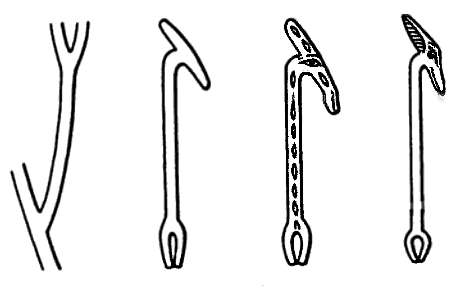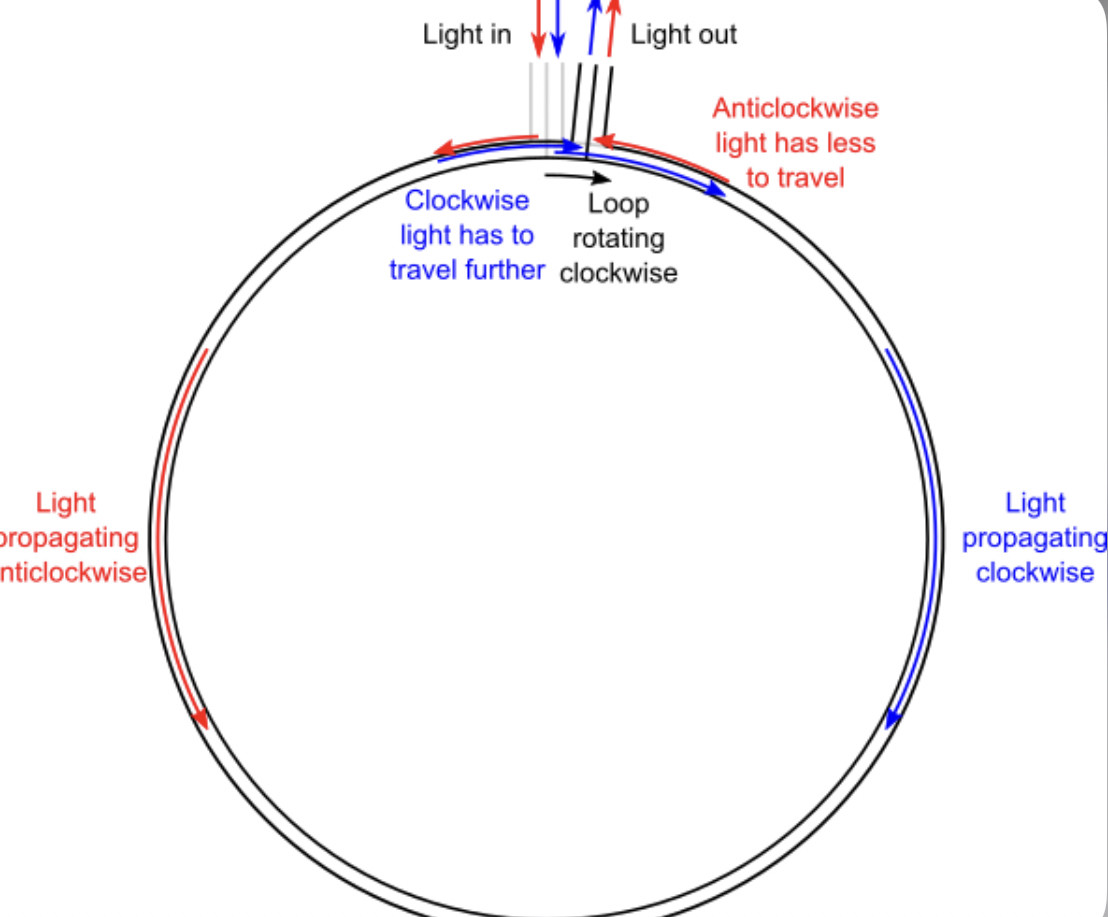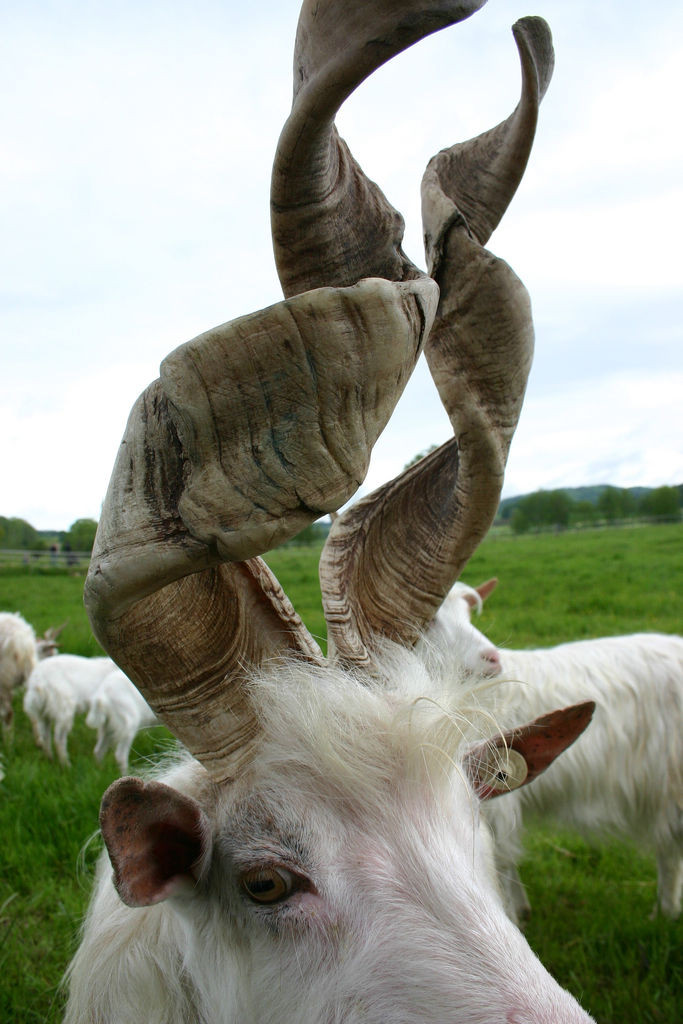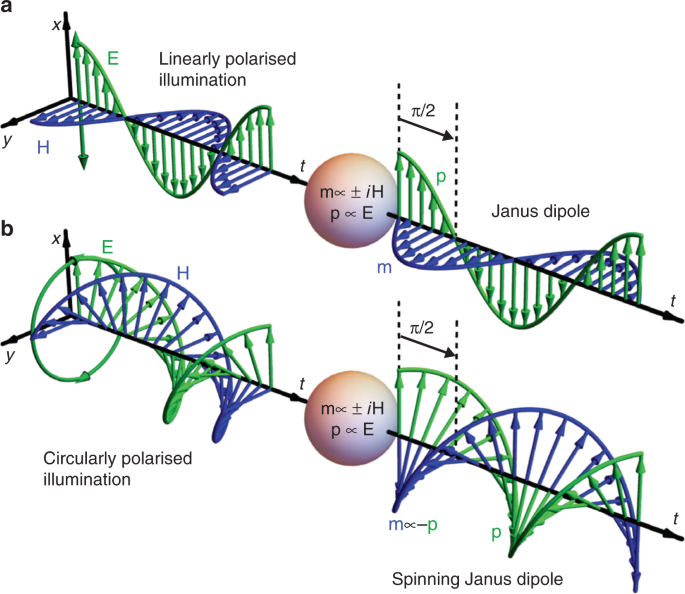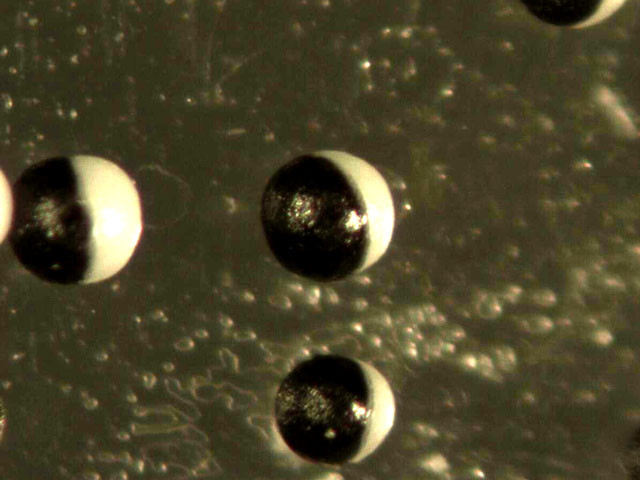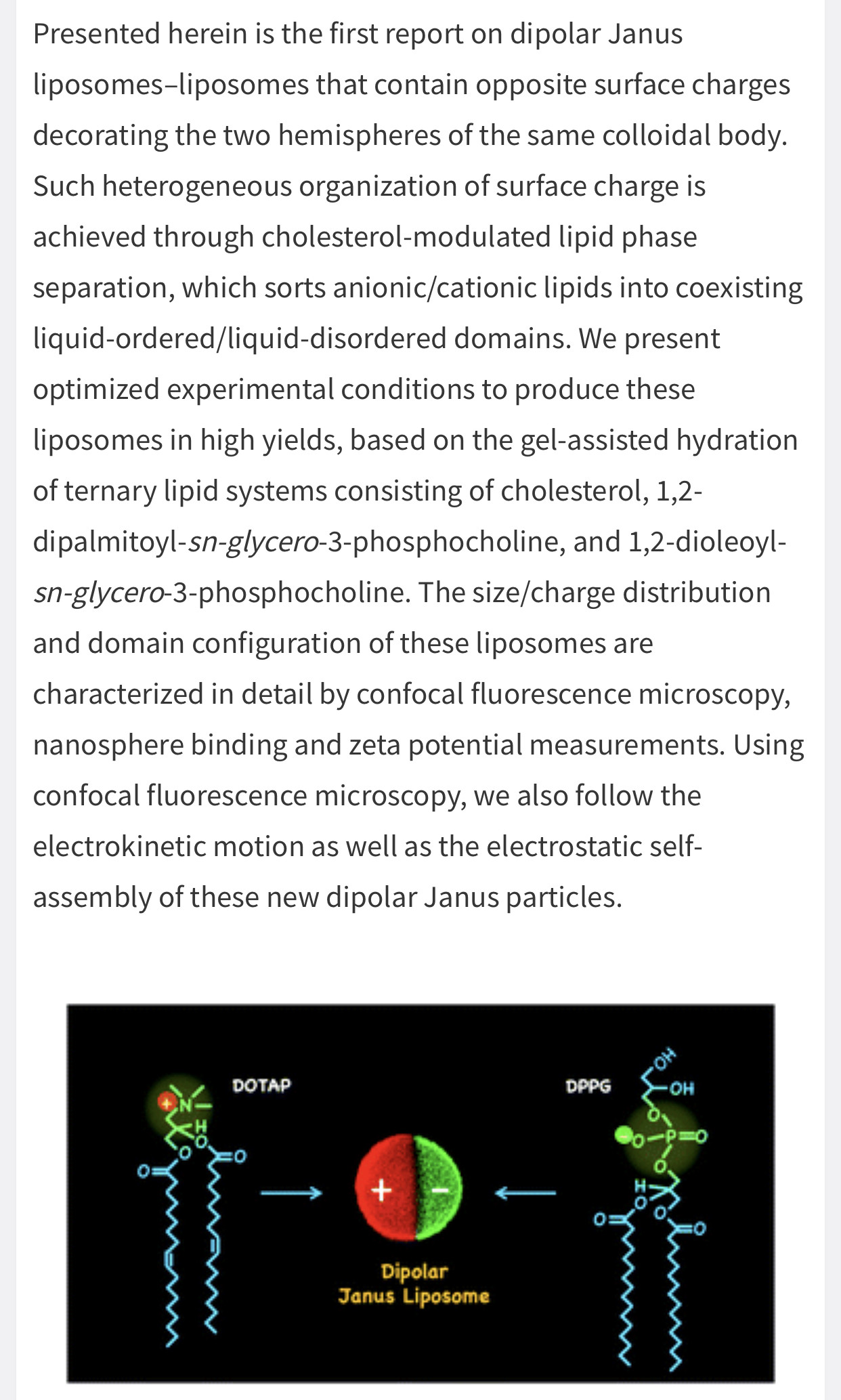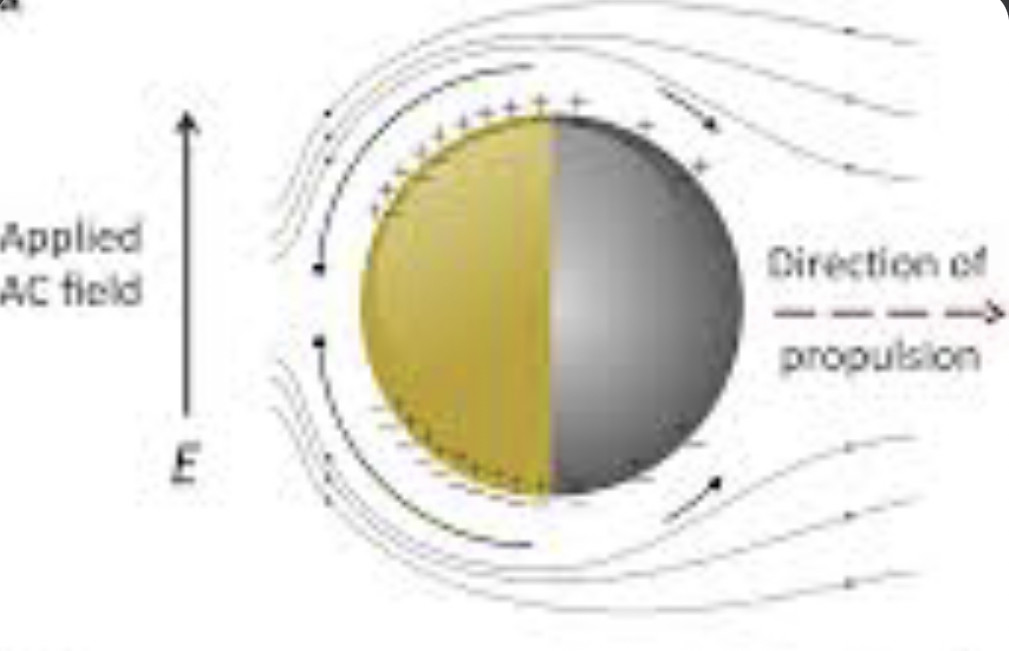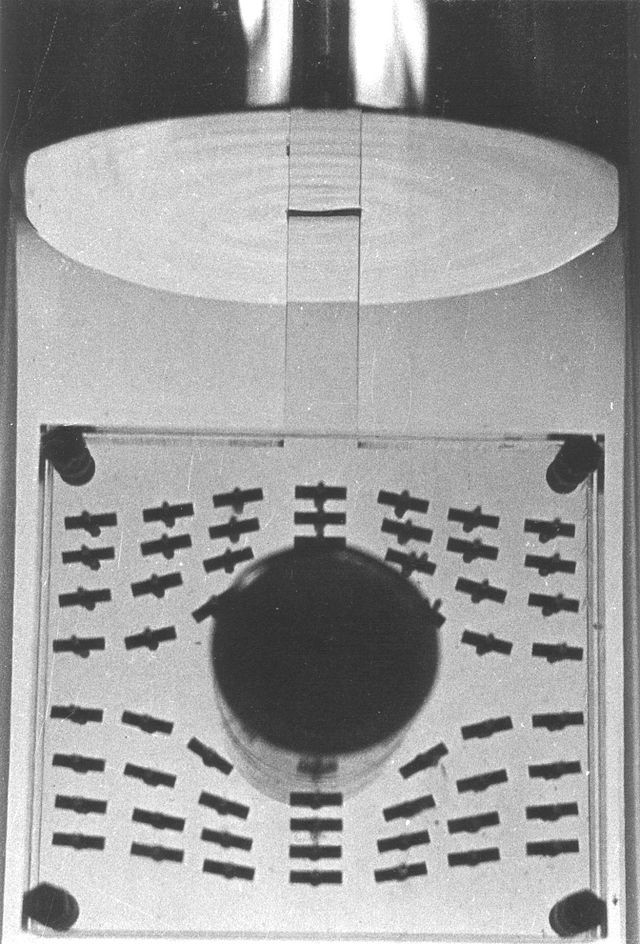Cell division is the process by which a parent cell divides into two or more daughter cells. Cell division usually occurs as part of a larger cell cycle.
The Light of God lives in our hearts. Love, work, and knowledge are the wellsprings of the life He gives us; they should also govern it.
The Light of God lives in our hearts. Love, work, and knowledge are the wellsprings of the life He gives us; they should also govern it.
❤️Aye, Captain.
From Latin cornea tela (“horny tissue”), from cornu (“horn”)...
From Proto-Indo-European *ḱorh₂u, *ḱr̥h₂-no-, both from Proto-Indo-European *ḱerh₂- (“horn”). Cognate with English horn, hirn; Ancient Greek κρᾱνίον (krāníon, “skull”), κέρας (kéras, “horn”); Sanskrit शृङ्ग (śṛṅgá, “horn, tusk”). See also cerebrum (“brain”), cervus (“deer”).
cornū n (genitive cornūs); fourth declension
a horn, antler
a tusk
the horns of the moon
an arm or wing of an army
(music) a horn as a musical instrument
any substance like the material of a horn, such as the bill of a bird
the end of a book or scroll, usually made of ivory
(figuratively) power, strength, might
late Middle English (in the general sense ‘chief or leader’): from Old French capitain (superseding earlier chevetaigne ‘chieftain’), from late Latin capitaneus ‘chief’, from Latin caput, capit- ‘head’.

